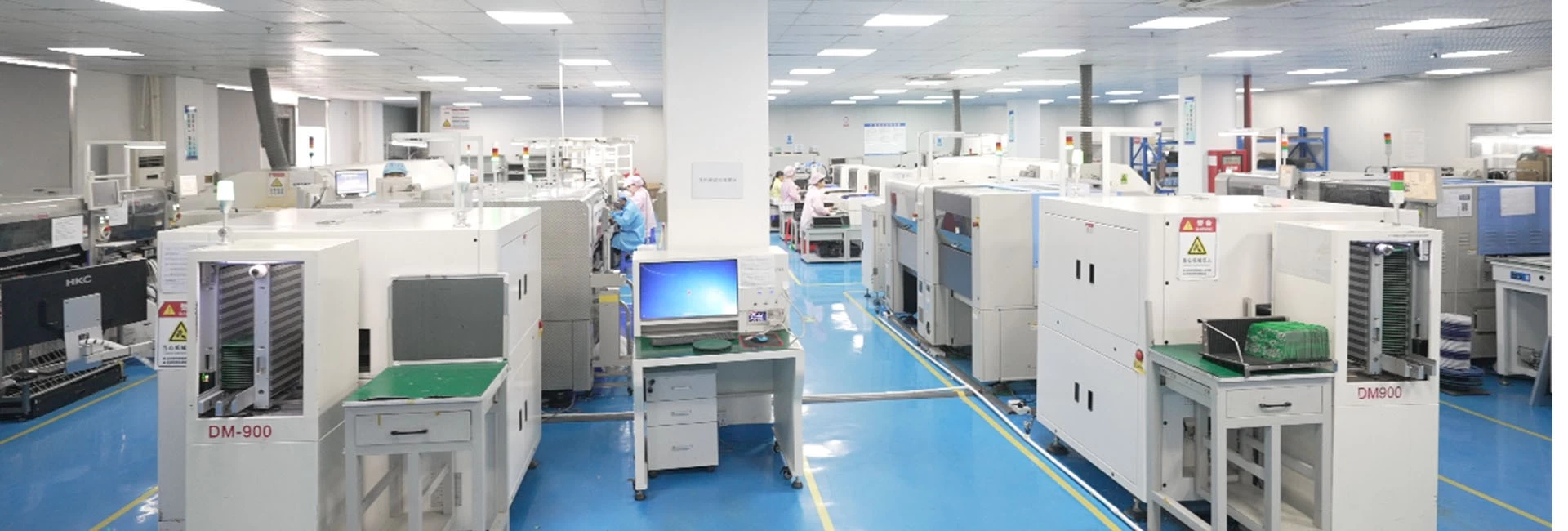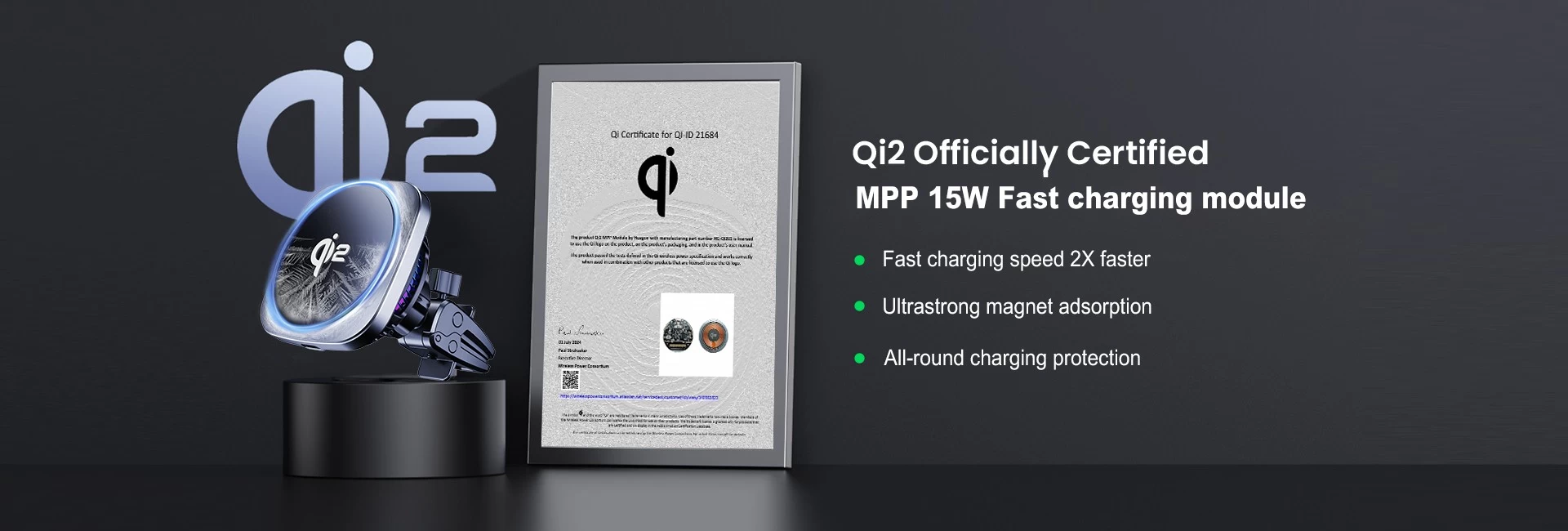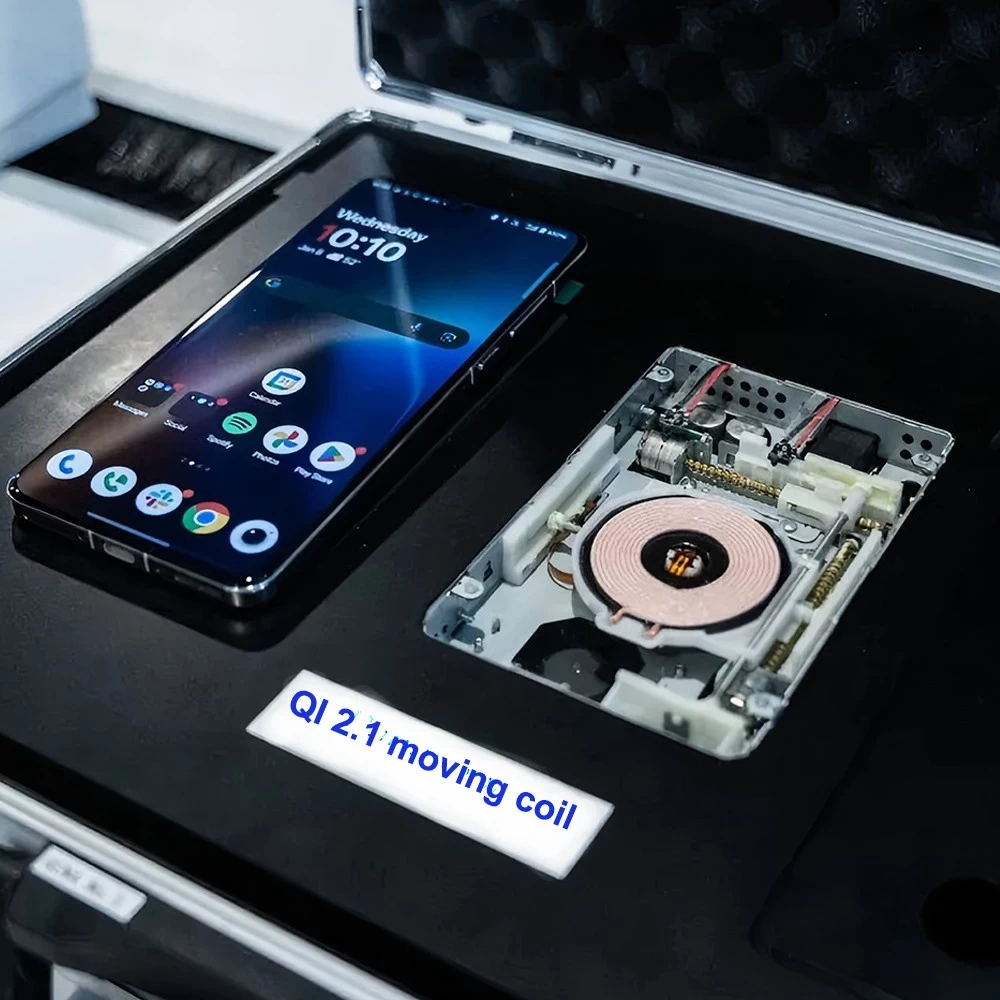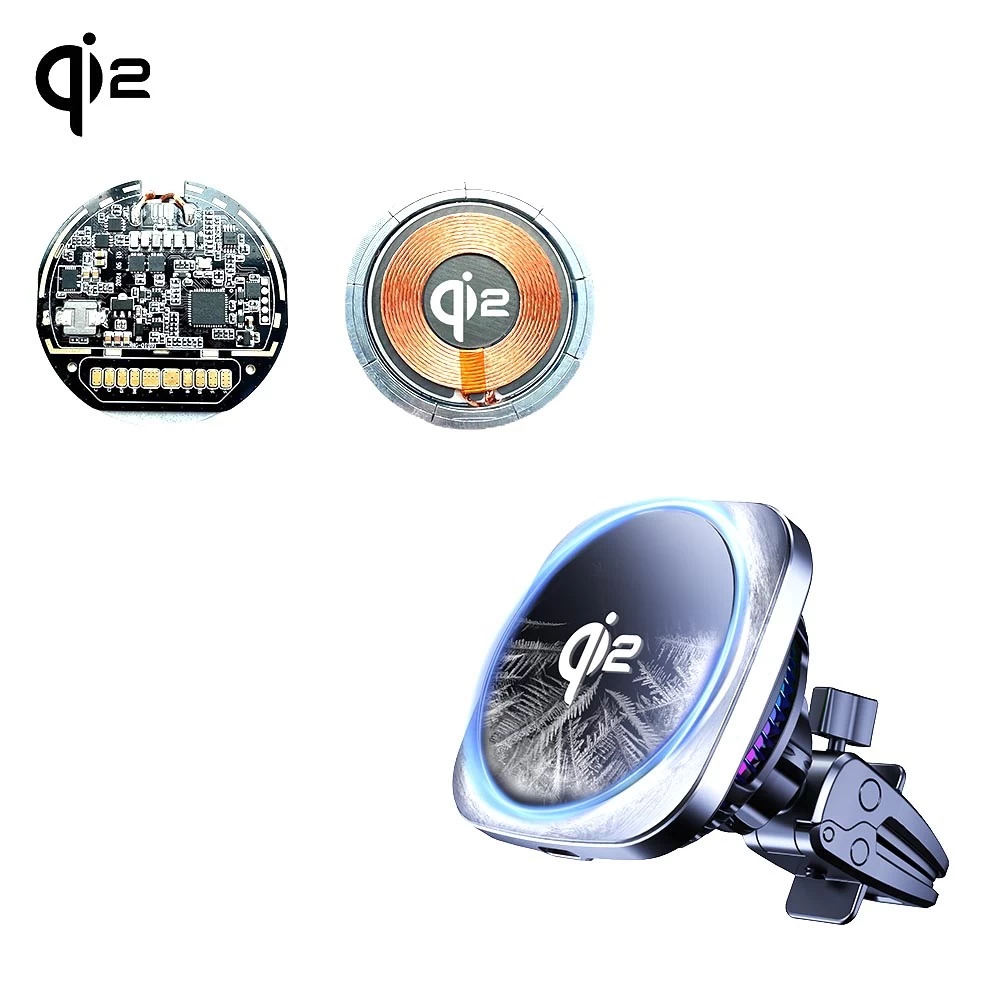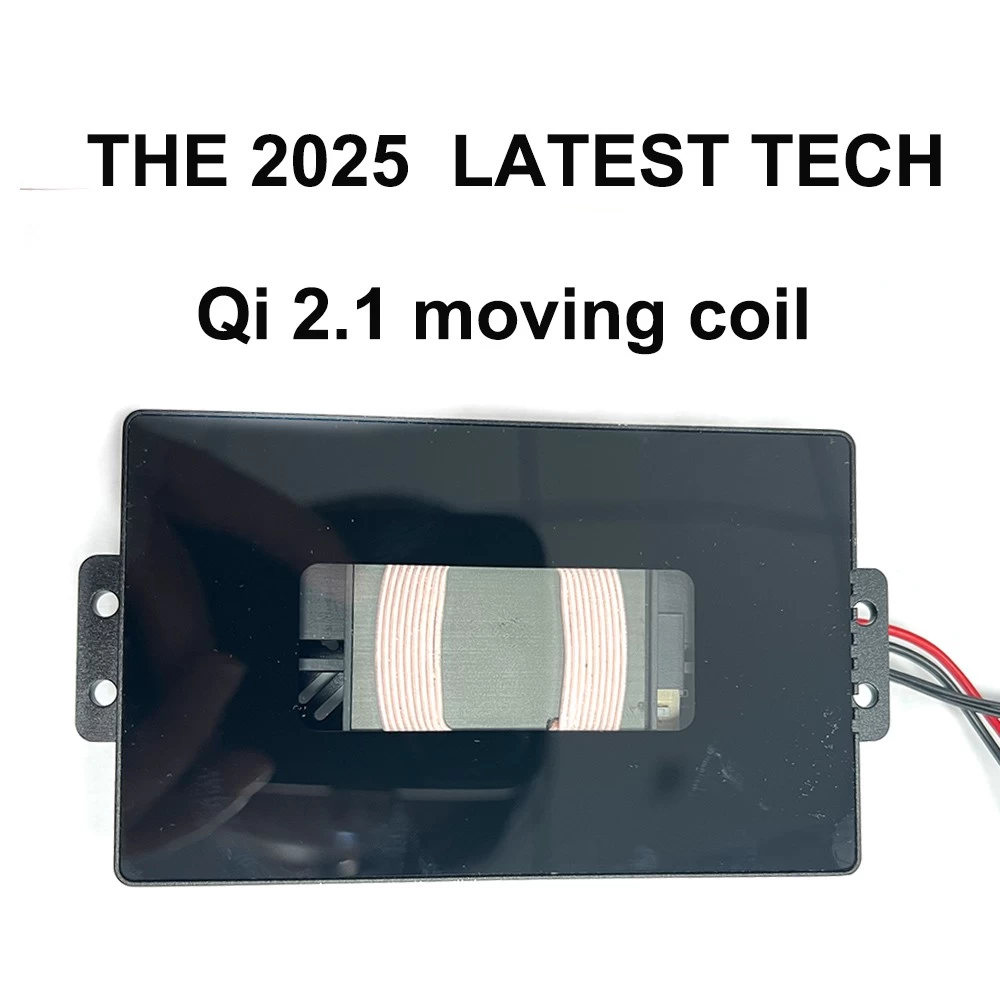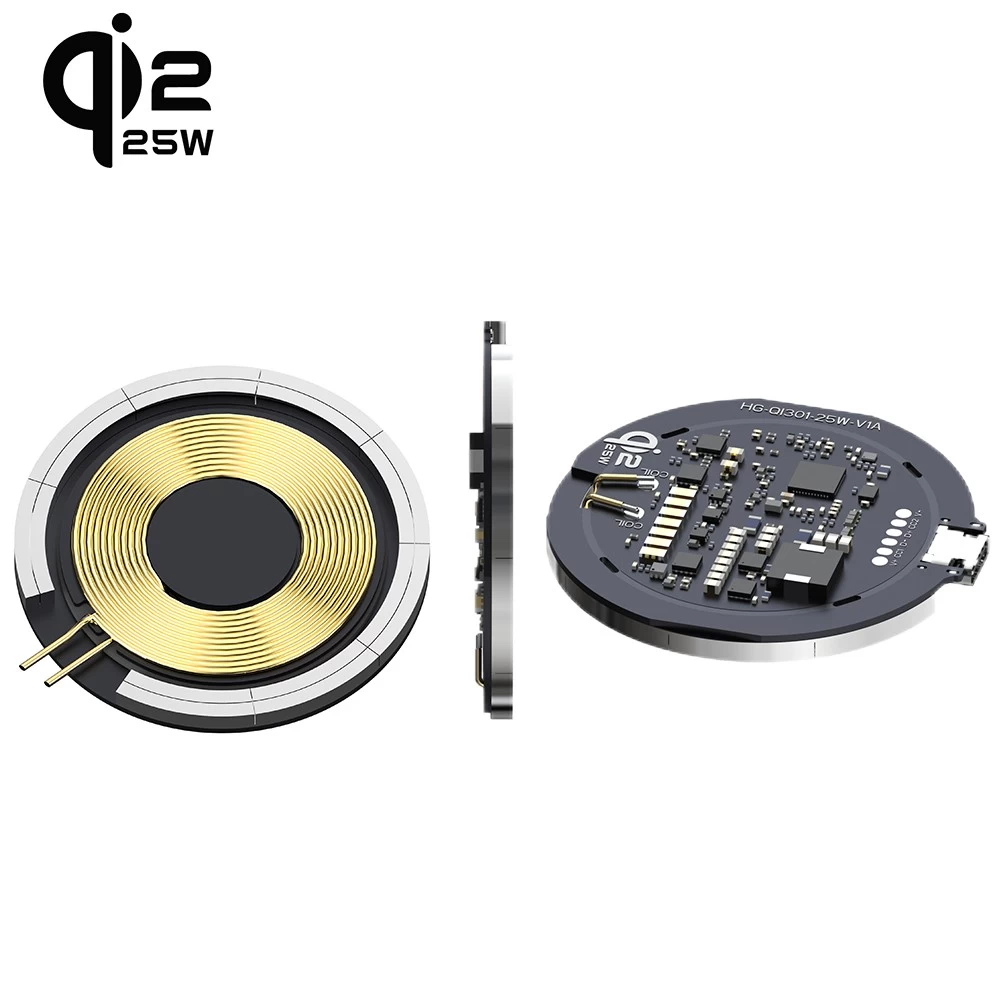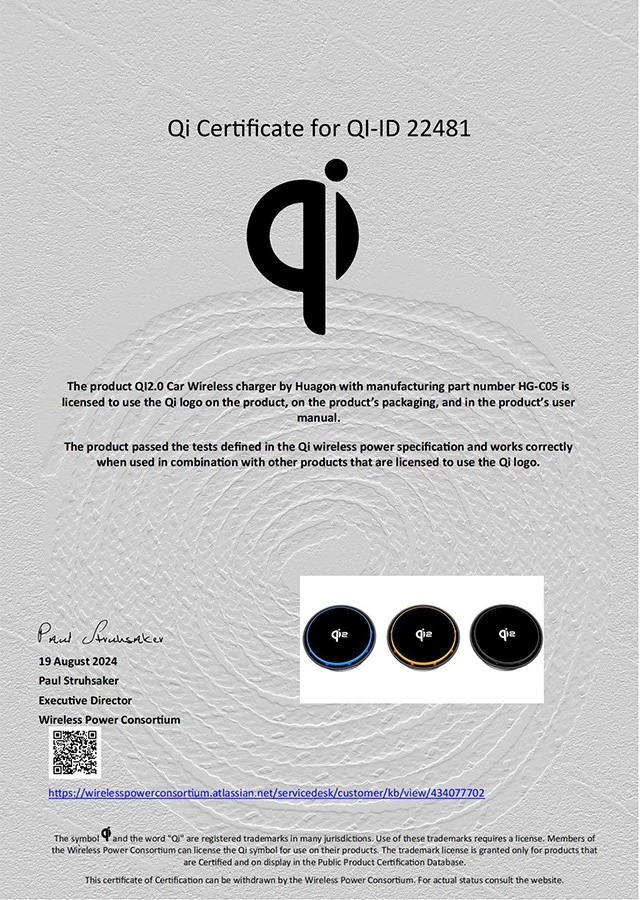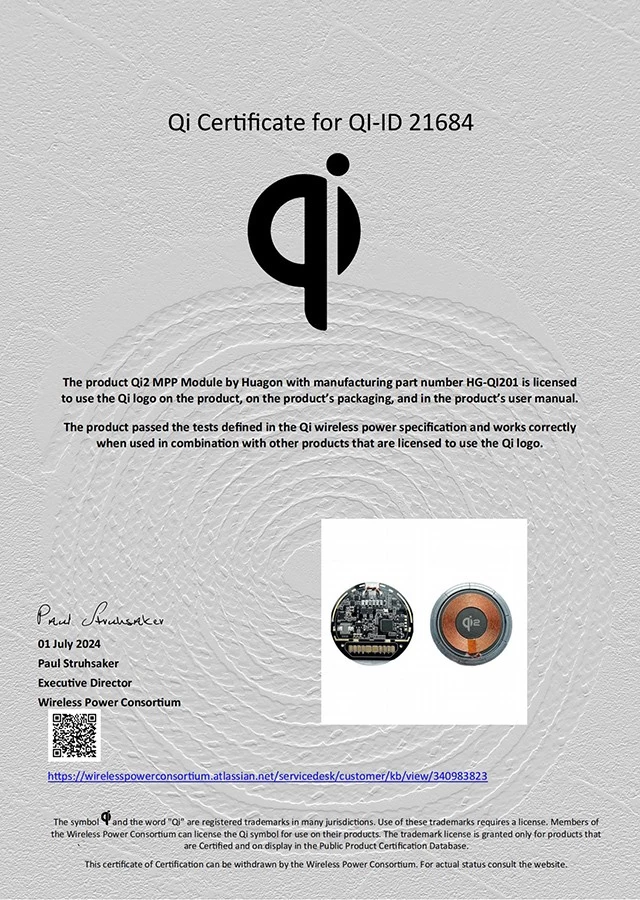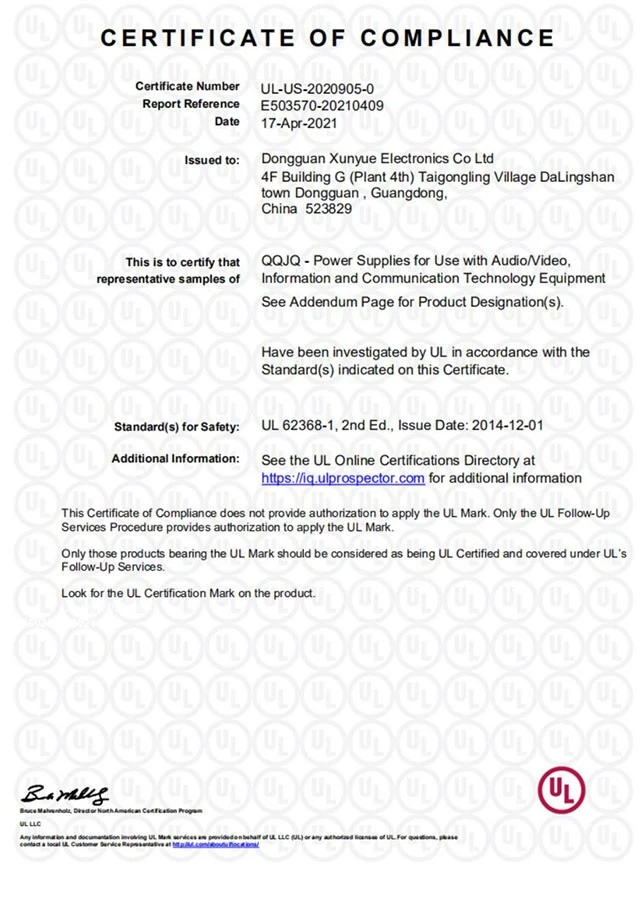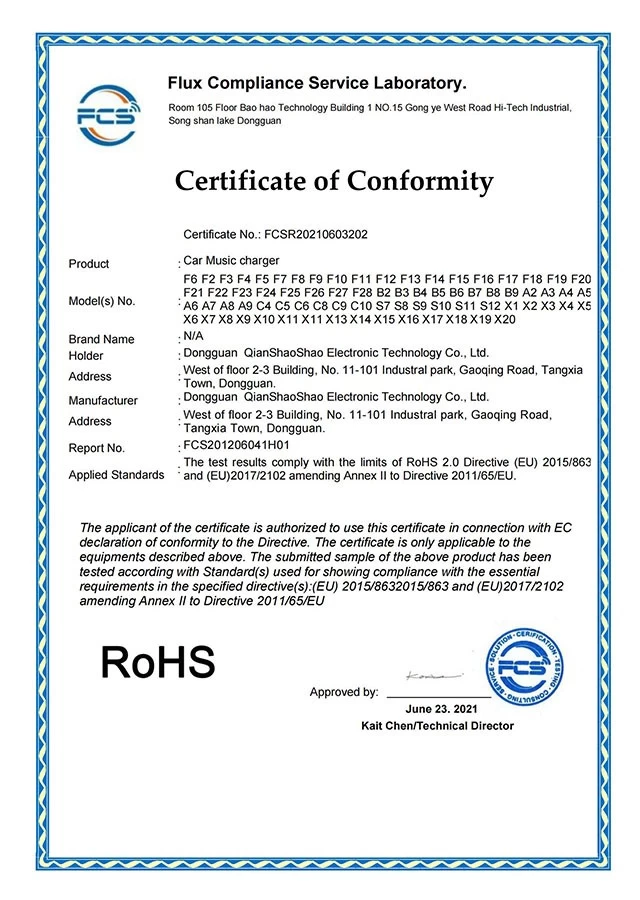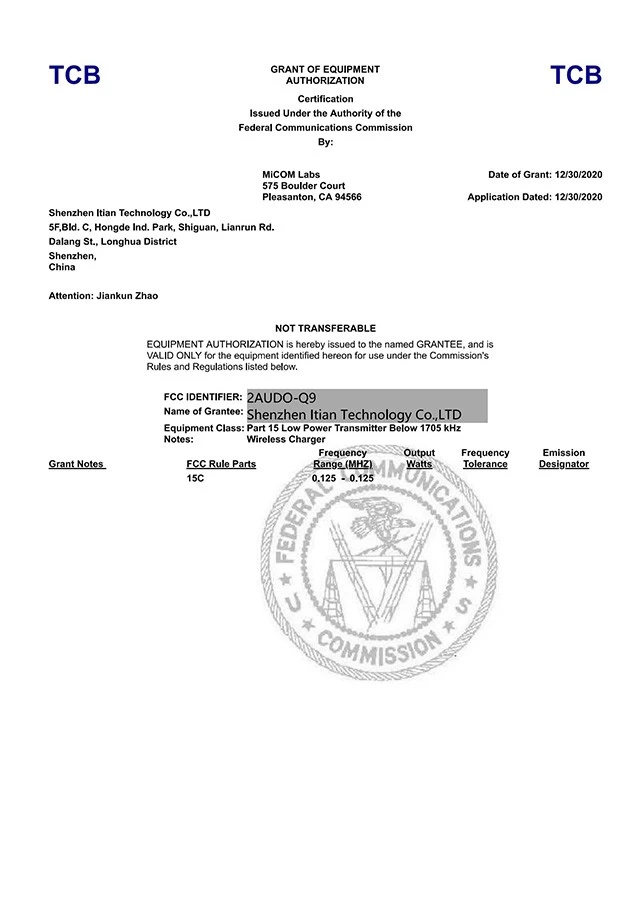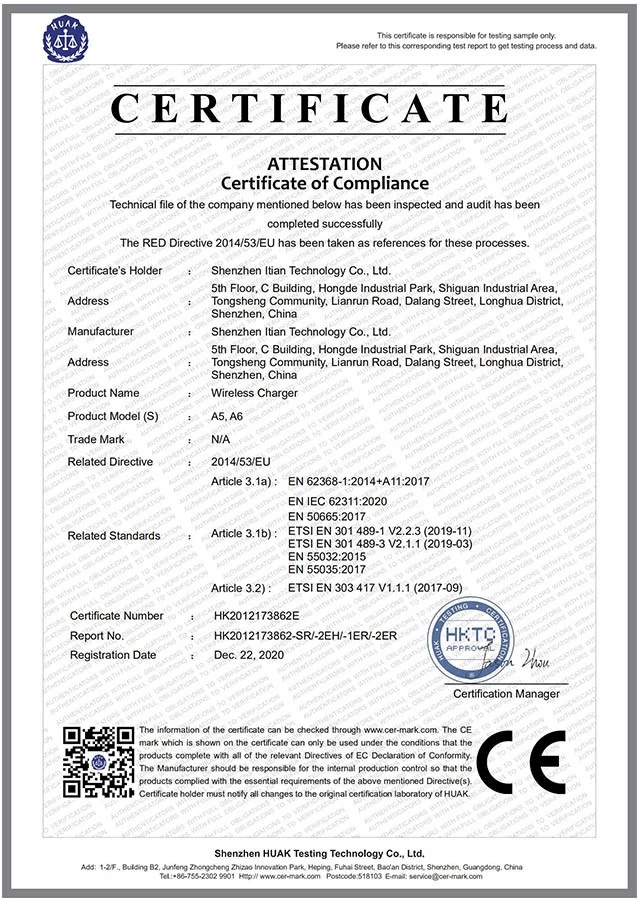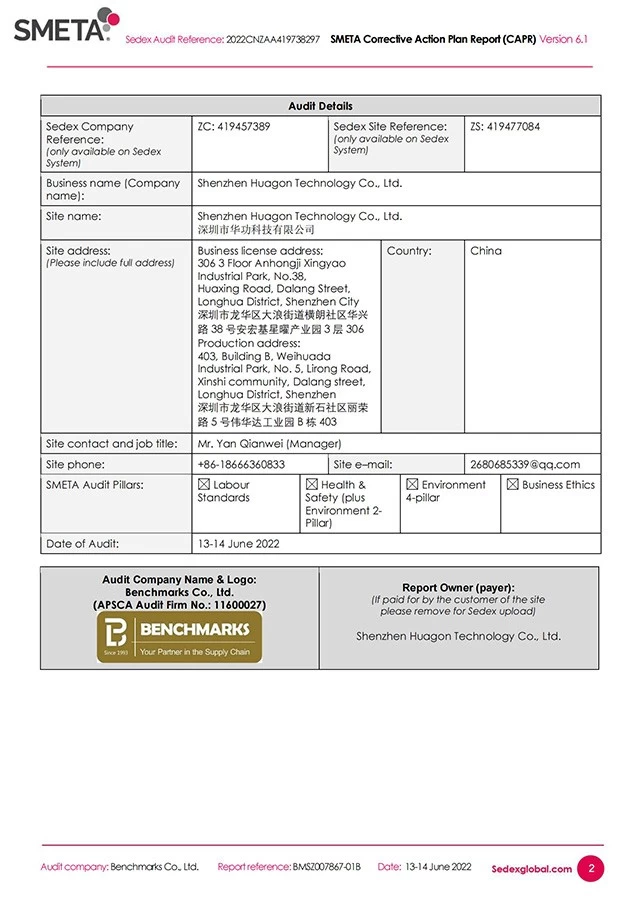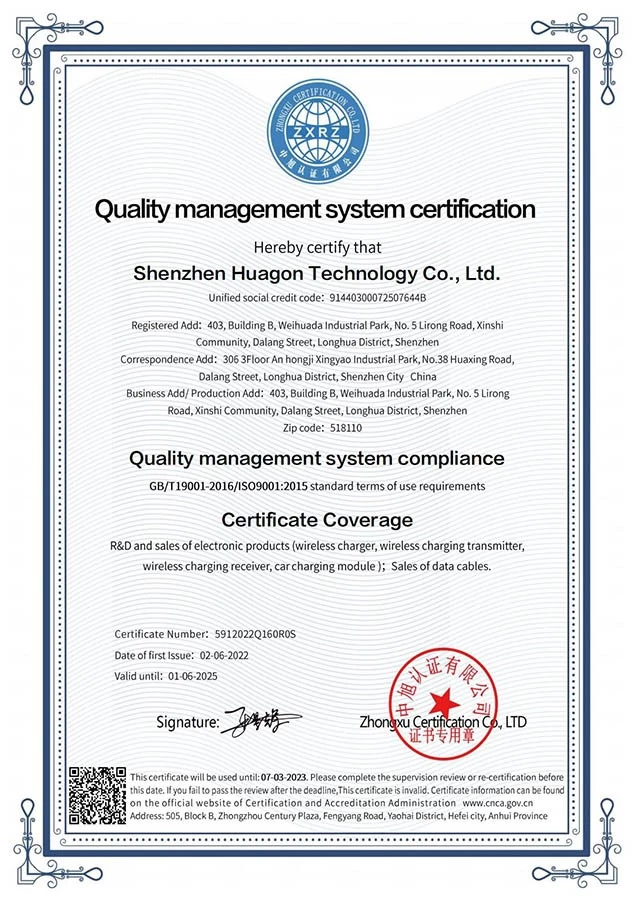IS WIRELESS CHARGING BAD FOR THE BATTERY?
With the widespread of wireless charing, some concerns about battery health appears. So here is the question: IS WIRELESS CHARGING BAD FOR THE BATTERY?
Quick answer
Under all the same conditions, wireless charging is not more harmful to devices or batteries than wired charging. That is to say, wireless charging generates more heat, which is detrimental to battery life. But there is a solution for this already. Samsung, Google, and other manufacturers sell wireless chargers with built-in cooling fans to alleviate heating issues. We, HUAGON, our new cooling wireless car charger has the semi-conductor chilling plate and a fan inside to transfer the heat, so that maintaining battery health and ensure consistent charging.
Click China qi2 car wireless charger manufacturer to know more.
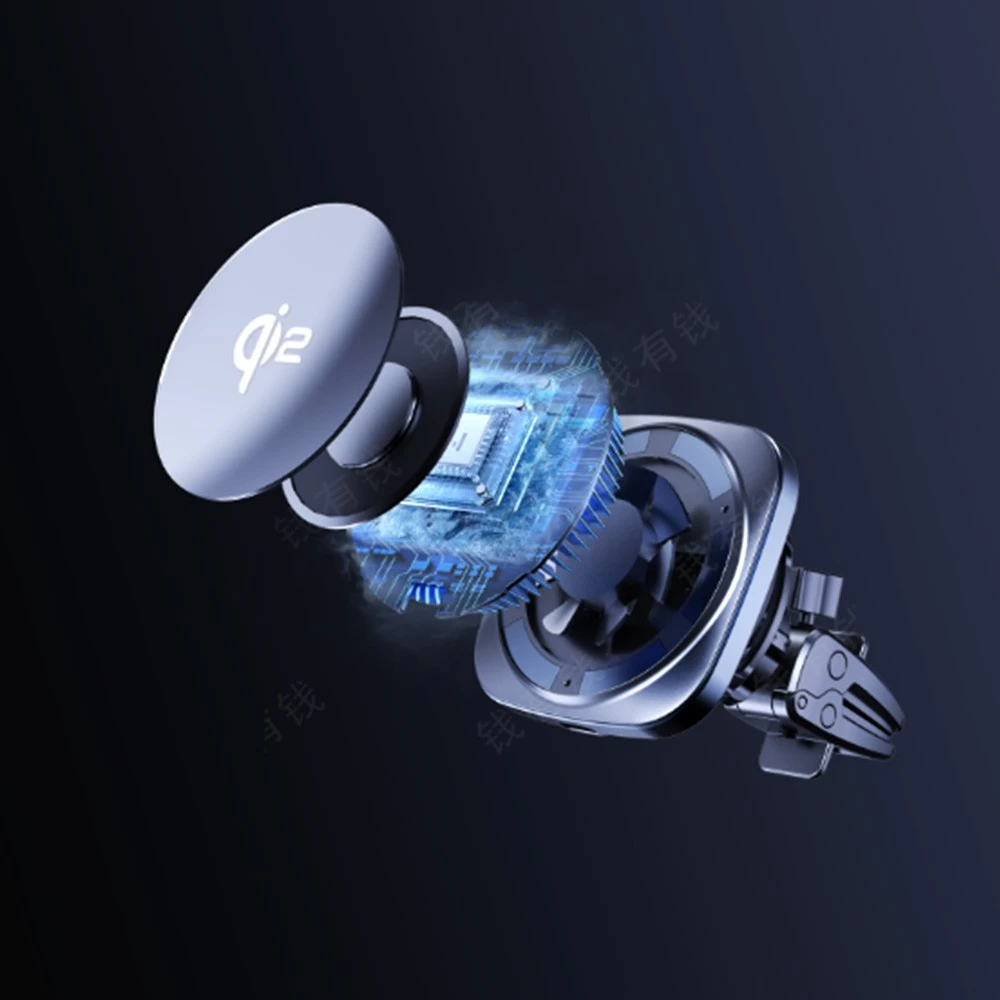
In a more concrete way to put it:
Firstly, charging the battery in any way will wear out the battery to a certain extent. External factors such as heat can accelerate this wear and tear, which in the long run will reduce the capacity of the battery. This is precisely where wireless charging performs worse than traditional wired charging.
Wireless charging may generate excess heat, which can have a negative impact on battery health
You will find that some of the best wireless chargers include a cooling fan that can control the temperature.
Overall, you don't have to worry too much about wireless charging causing smartphone battery degradation. Even if your phone does heat up to a dangerous level in some way, modern battery management systems can communicate with chargers to reduce power output or completely stop charging. After all, wired charging also has the same protective measures.
Tips for Extending Smartphone Battery Life
All smartphones have built-in measures to prevent damage caused by wireless charging, but here are some steps that can further reduce the risk of damage.
1. Regularly charge the battery
Research has shown that the battery life of a smartphone is the longest when it is maintained between 20% and 80% of its maximum capacity. In other words, if you want to keep the battery healthy for as long as possible, don't charge it to 100% frequently.
You can charge your phone for a short period of time in a day, instead of charging it overnight. For this reason, Samsung and some other manufacturers even offer the ability to limit charging to 85%. Finally, if you do not use a battery powered electronic device for a few weeks, do not let it fully charge for the same reason.
2. Keep the equipment cool
Although the ambient temperature is not always within your control range, exposing a smartphone to extreme high temperatures (or even low temperatures) may lead to rapid battery degradation. Some situations that cause excessive pressure on the battery include exposing the phone to sunlight or placing it under a pillow during rapid charging.
Apple recommends avoiding temperatures above 95 ° F or 35 ° C and states that the ideal temperature range is much lower than 62 ° to 72 ° F or 16 ° to 22 ° C.
3. Save on using ultrafast charging
Although the impact of fast charging on battery health is not yet known, our own tests have shown that increasing power increases heat output. However, as no two technologies work on the same principle, the heat generated varies depending on the smartphones involved.
4. Do not use wireless charging at night


